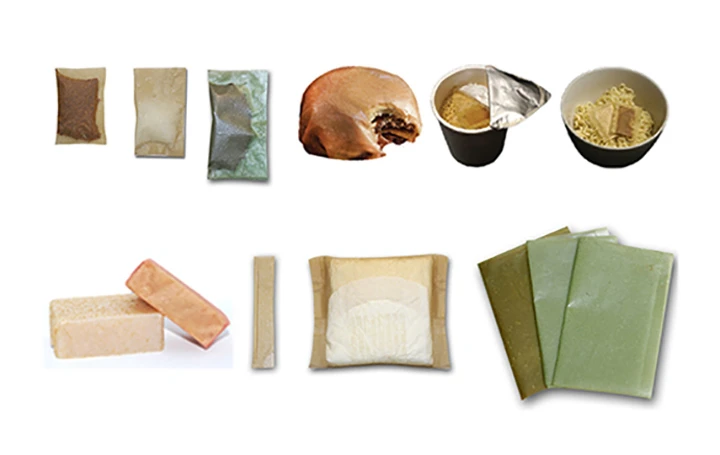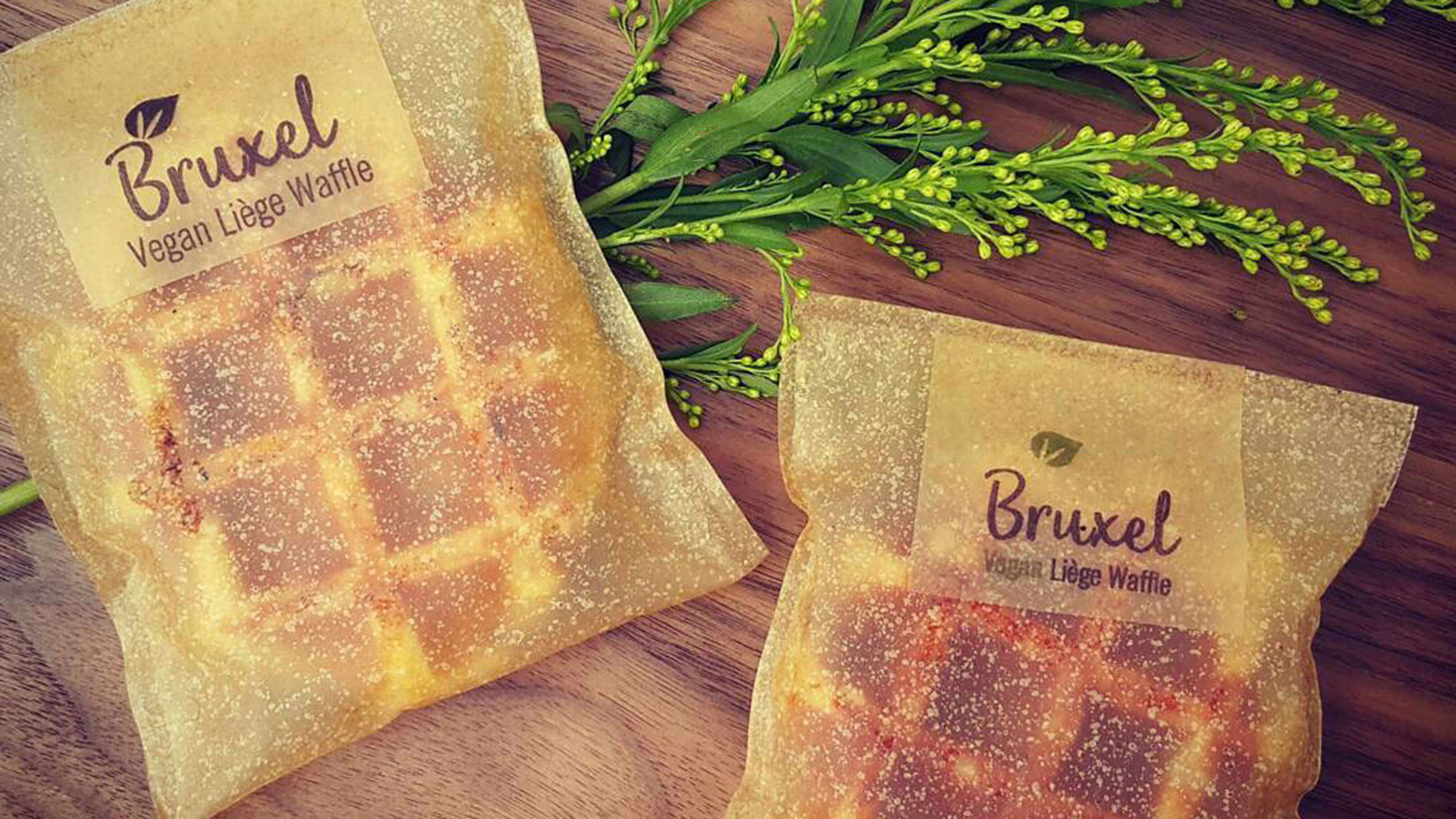If you buy a Belgian waffle at a food festival this weekend in Ubud, Bali, you’ll be able to eat the wrapper it comes in. A waffle vendor is one of the early customers testing new food packaging made from seaweed instead of plastic: The wrapper is nutritious if it’s eaten, and if it ends up as litter, it naturally biodegrades.
“We want to create a cleaner world by stopping plastic waste from the root,” David Christian, cofounder of Evoware, the Indonesia-based startup that designed the new packaging, tells Fast Company. Indonesia is second only to China in creating plastic pollution that ends up on the ocean, mostly coming from single-use packaging; four Indonesian rivers are among the most polluted in the world. Garbage dumps in Bali are often overflowing.
As a material, seaweed has some obvious advantages to oil-based plastic beyond the fact that it doesn’t create waste. While seaweed grows, it sucks up CO2. An area of ocean roughly the size of a baseball field can grow 40 tons of seaweed in a year, absorbing 20.7 tons of greenhouse gases. Unlike some other sources used to make bioplastic–like corn–it’s grown without fertilizers, water, or other resources. Seaweed farmers in Indonesia currently produce more than they can sell, and struggle to make a living.
The startup won’t share the details of its production process, but says that the seaweed is treated for food safety and converted into packaging without the use of chemicals. Seaweed is naturally high in fiber and vitamins; it’s also halal, important in a country where the majority of the population is Muslim.
Because the new packaging dissolves in hot water, the startup plans to use it to begin to replace packages like the tiny plastic sachets filled with seasoning in instant noodles. Instead of struggling to open the package, you drop the whole thing in your bowl of ramen and stir it in (the packaging is almost tasteless, so it doesn’t affect the flavor of the soup as it melts). It can also be used for instant coffee, which is popular in Indonesia. The company is also making edible wraps for burgers and other sandwiches.

It will get help making that transition. The company is one of six winners of the $1 million Circular Design Challenge, a contest run by the Ellen MacArthur Foundation and OpenIdeo that focused on finding solutions for the 30% of plastic packaging items that are too small or complex to normally get recycled–like seasoning sachets, wrappers, and coffee cup lids.
In a category focused on groceries, an app called Miwa from the Czech Republic won for a system that delivers custom quantities to customers in reusable packaging. Algramo, from Chile, won for its system of selling products in reusable containers in local convenience stores. In a category focused on plastic sachets, Evoware won along with Delta, a U.K.-based company that helps restaurants make sauces in edible packets. Two winning companies focused on coffee cup lids: CupClub, a U.K. subscription service for reusable lids, and TrioCup, an origami-style folding cup that doesn’t need a separate lid. All of the winners will join a yearlong accelerator program in 2018.
Recognize your brand’s excellence by applying to this year’s Brands That Matter Awards before the early-rate deadline, May 3.
